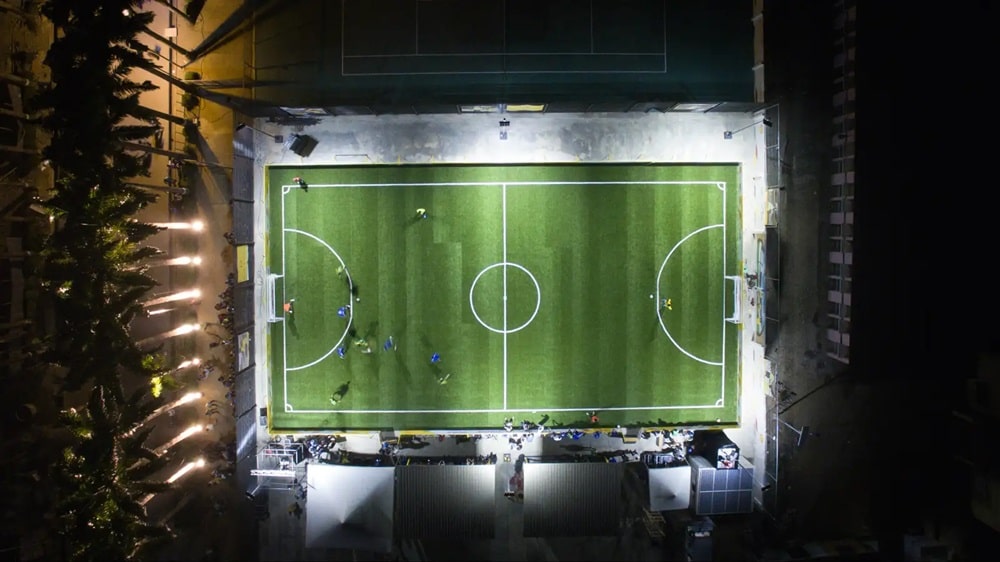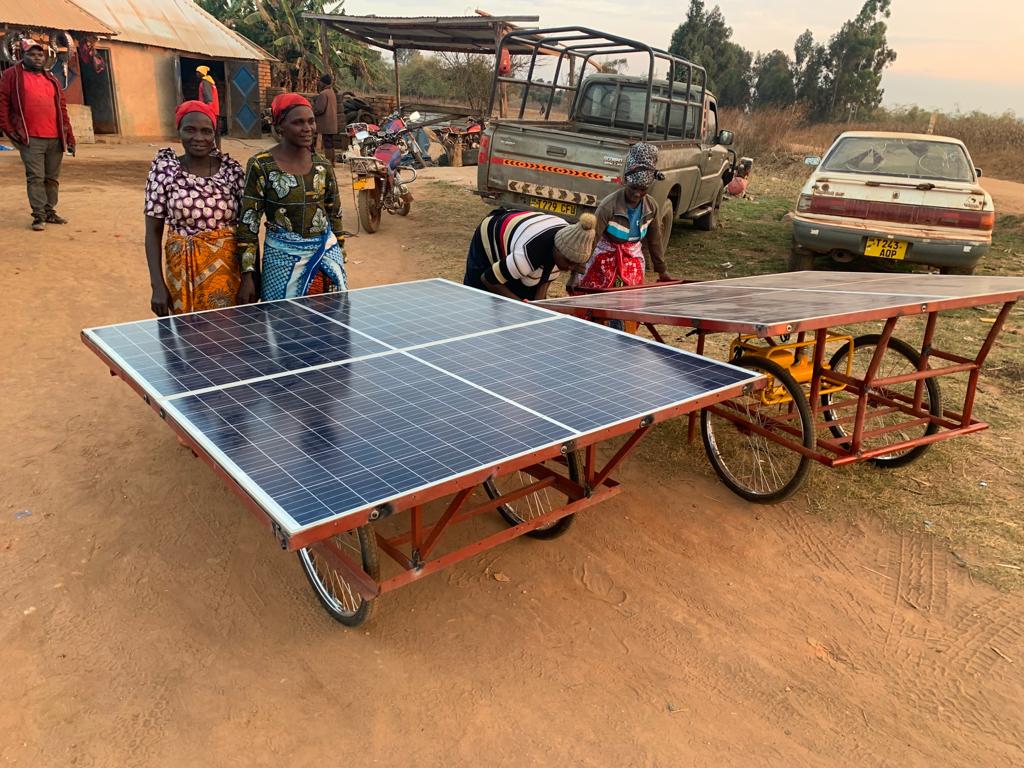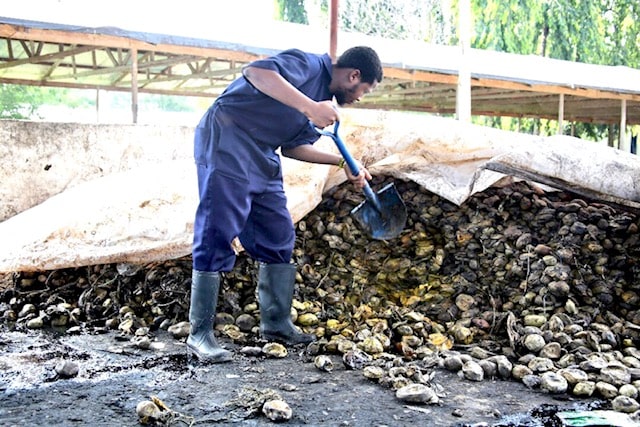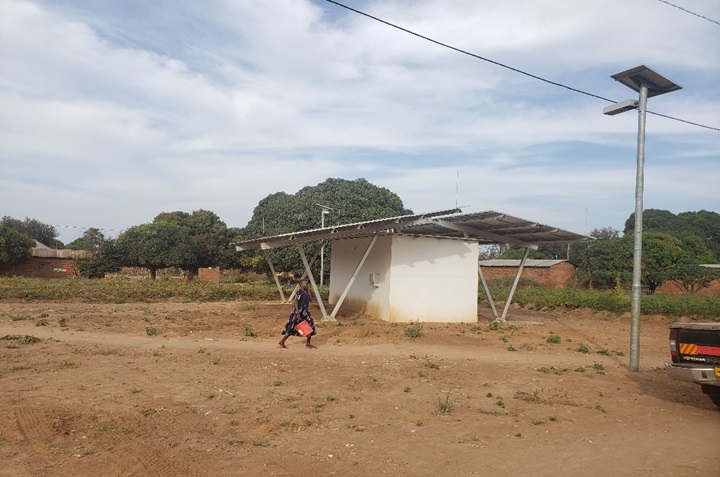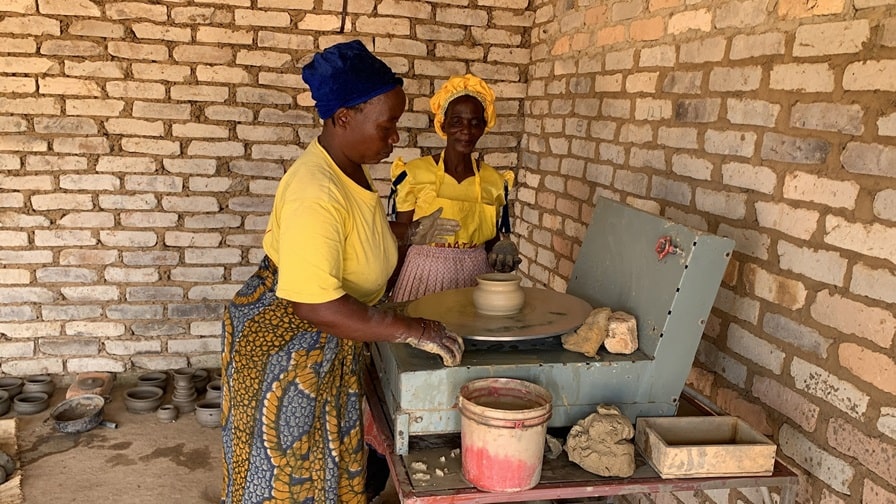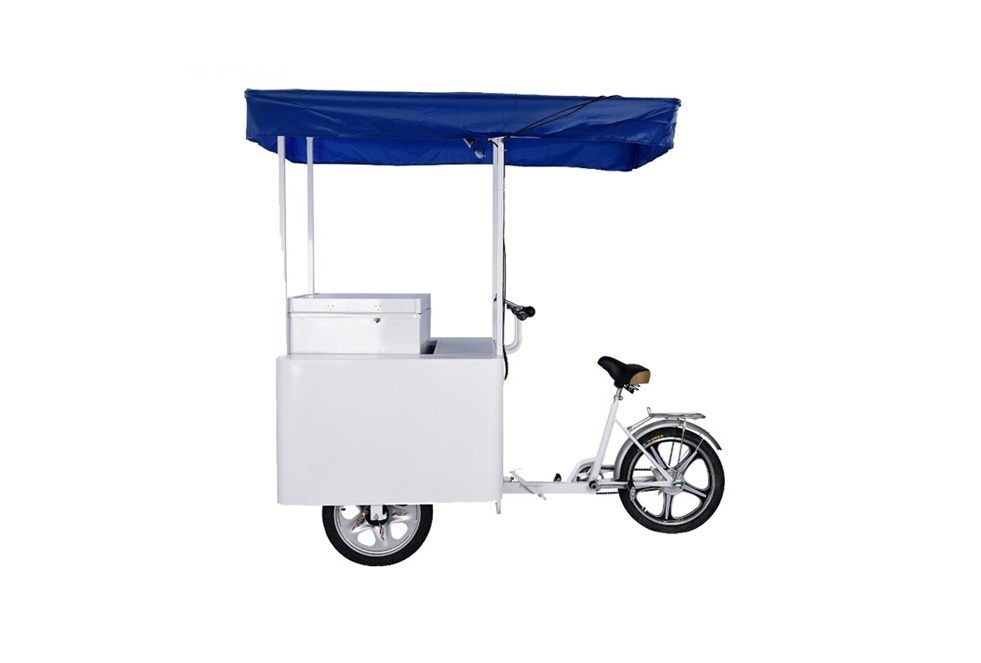- In some localities, it’s nearly impossible for the fishers and fish mongers to store their catches because most of them have no access to electricity.
Majority of small-scale fishers in Tanzania have been facing critical challenges in storing their catches as they conduct their activities in areas with no grid electricity to power their refrigerators.
In some localities, it’s nearly impossible for the fishers and fish mongers to store their produce because most of them have no access to electricity that could help to operate the refrigerators for storing their produce.
The best option they have for now is to keep their fish in ice boxes that must be refilled with ice cubes daily. These ice blocks are bought in nearby localities with electricity, adding more costs in doing business in terms of transport, basic product price and time. In worse case scenarios when fish traders do not have money, they are required to exchange fish with traders to get the ice cubes.
Some of traders who does not have refrigerators opts to sells their fresh produce right after the catch because of the fear to sell at low prices during evening time where there is a big possibility of their produce to rot and cause loss.
The ever-increasing costs of storing fish due to lack of reliable refrigerators, is reducing the efforts in fighting poverty through the fishing industry.
Most communities living along water bodies in Tanzania such as Lake Victoria, Indian ocean, Lake Tanganyika and great rivers their livelihoods depend on fishing as their main source of income. This means the ability to buy food and other necessities is highly dependent on the growth rate of their fishing activities.

In 2021, the fishing sector grew by 2.5% according to the Ministry of Livestock and Fisheries and it contributed 1.8% to the national economy (Gross Domestic Product).
About 4.5 million Tanzanians are estimated to be employed in the fishing value chain and 194,084 had direct jobs from the fishing industry in 2021.
The refrigerators are important in restoring nutrients and avoid loss to the fishers and fishmongers by keeping the catches fresh. The fishing sector contributes in family incomes and assuring food security and nutrition since it contributes 30% of protein derived from the animals according to the Ministry of Livestock and Fisheries.
In solving storage challenges facing the fishing industry in Tanzania, Elico Foundation, a non-profit organization, has partnered with Devidayal Solar Solutions and Selco Foundation to develop and distribute solar-powered refrigerators to fishers and other small-scale traders who need to keep their produce fresh.
Elico, which aims at accelerating access to modern energy and energy services for socio-economic development of rural and last mile areas in Africa, said the solar-powered refrigerators are part of the recent initiatives to maximize the potential of renewable energy in the community.
Among the other projects the organization is implementing are solar-powered mobile water pumps for smallholder farmers, solar-powered tricycles and other solar-related productive uses of renewable energy such as rice milling as well as storing vaccines in remote health centers.
So far Elico Foundation with its partners have provided 16 refrigerators specific to the fish traders in Mwanza and four in Zanzibar. The other three refrigerators were provided in Dar es Salaam and one in Lindi to help petty traders store the products and increase income including by selling ice boxes at a price cheaper than those powered by grid-electricity.
In this solar-powered refrigerators project, Devidayal Solar Solutions Pvt. Ltd famously known as DDSolar has manufactured the refrigerators while Elico Foundation is playing a key role of distributing to the beneficiaries as a pilot initiative.
DD Solar, the Indian company among other products, provides cold-chain solutions to enhance livelihoods in agriculture, dairies and fishing communities.
Lazaro Matesi, a fish trader from Masome Island in Mwanza region, said the solar-powered refrigerator has helped him grow his business as it helps to store his fish in a safer way and at a lower cost compared to that incurred before.
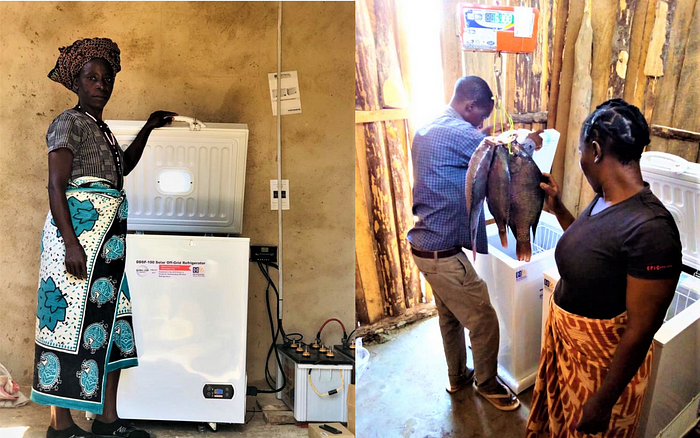
“It is very difficult to run this business without refrigerators because of the price of ice blocks. One kilogram of ice is sold at around 500 Shillings ($0.21) and in a month you can spend up to 45,000 Shillings ($19.40) per week in buying ice boxes only,” said Lazaro, who is among the beneficiaries of solar-powered refrigerators.
The equipment, he said, has helped him “to save a lot of money”. Before getting the refrigerators, he was required to travel from the island he lives in to the places where they make ice boxes to buy and use them to keep his catches fresh.
Solar-powered refrigerators preserve and keep food safe such as fish without the need to connect to utility-provided power. This is an alternative to absorption refrigerators, as they can run year-round without fears of freon (a non-combustible gas that is used as a refrigerant in air conditioning applications leaks or other chemical concerns.
“We’re committed to strengthen people’s livelihoods by enabling them to preserve their produce, get better pricing and reach markets,” said Sisty Basil, an Executive Director of Elico Foundation.
Basil said the project was an outcome of support from IKEA Foundation through the EforA-Coalition fund awarded to Devidayal Solar Solutions.
The access to electric solar-powered refrigerators can help in job creation for many people. It is also safe to use, it is of greater energy efficiency, its operation is free and easy and is Eco-friendly.

